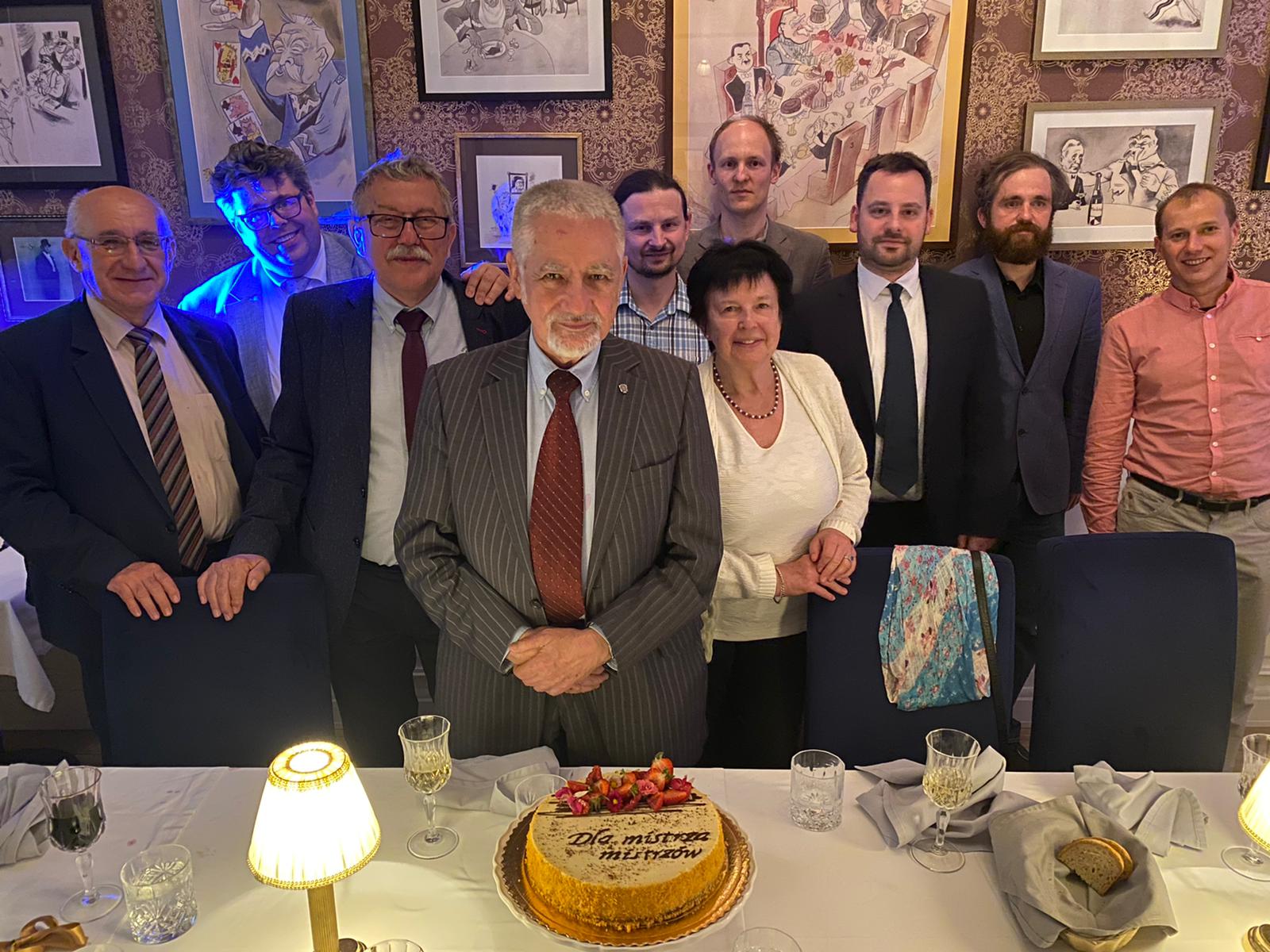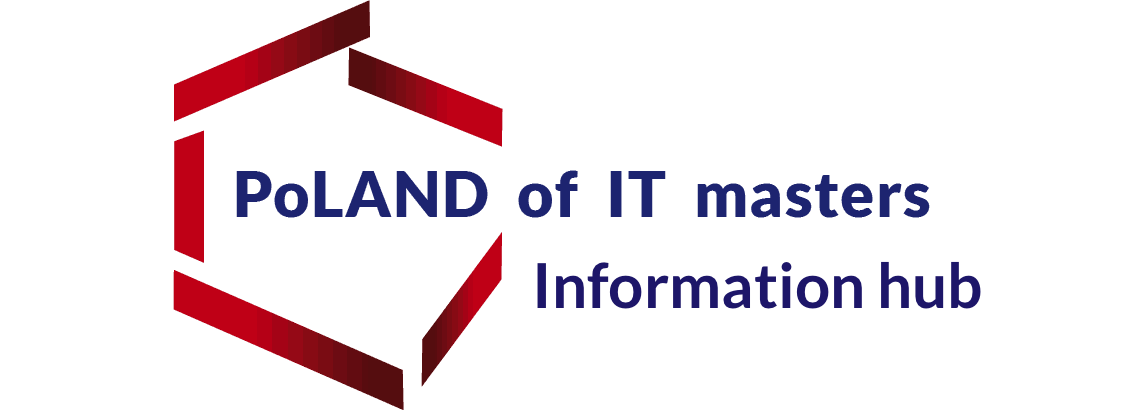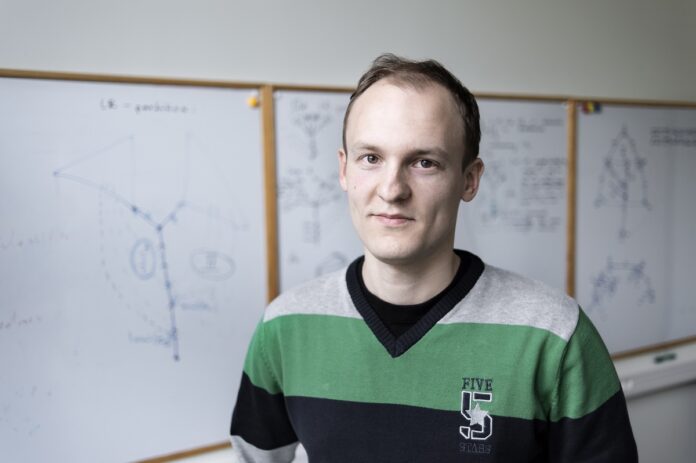Marek Cygan from Poland was the leader of the University of Warsaw team, which won the ICPC 2007 in Tokyo. All of this thanks to prof. Jan Madey and prof. Krzysztof Diks.
Marek Cygan learned to program in the first year of high school. In the following years, he took part in the Polish Olympic of Informatics three times. But he never advanced to the finals. One of the reasons was that he was competing in rowing simultaneously. He was the Polish champion up to 18 years old, and this required training even twice a day. When Marek Cygan enrolled at the University of Warsaw, he quit rowing. It allowed him to devote more time to his studies.
Then, he met professor Jan Madey, who was involved in popularizing programming competitions in Poland like no other. Thanks to him, during the break between the second and third years of studies, Marek Cygan won the prestigious competition for Google Code Jam programmers. In the fourth, with Filip Wolski and Marcin Pilipczuk, he won the ICPC 2007 finals.
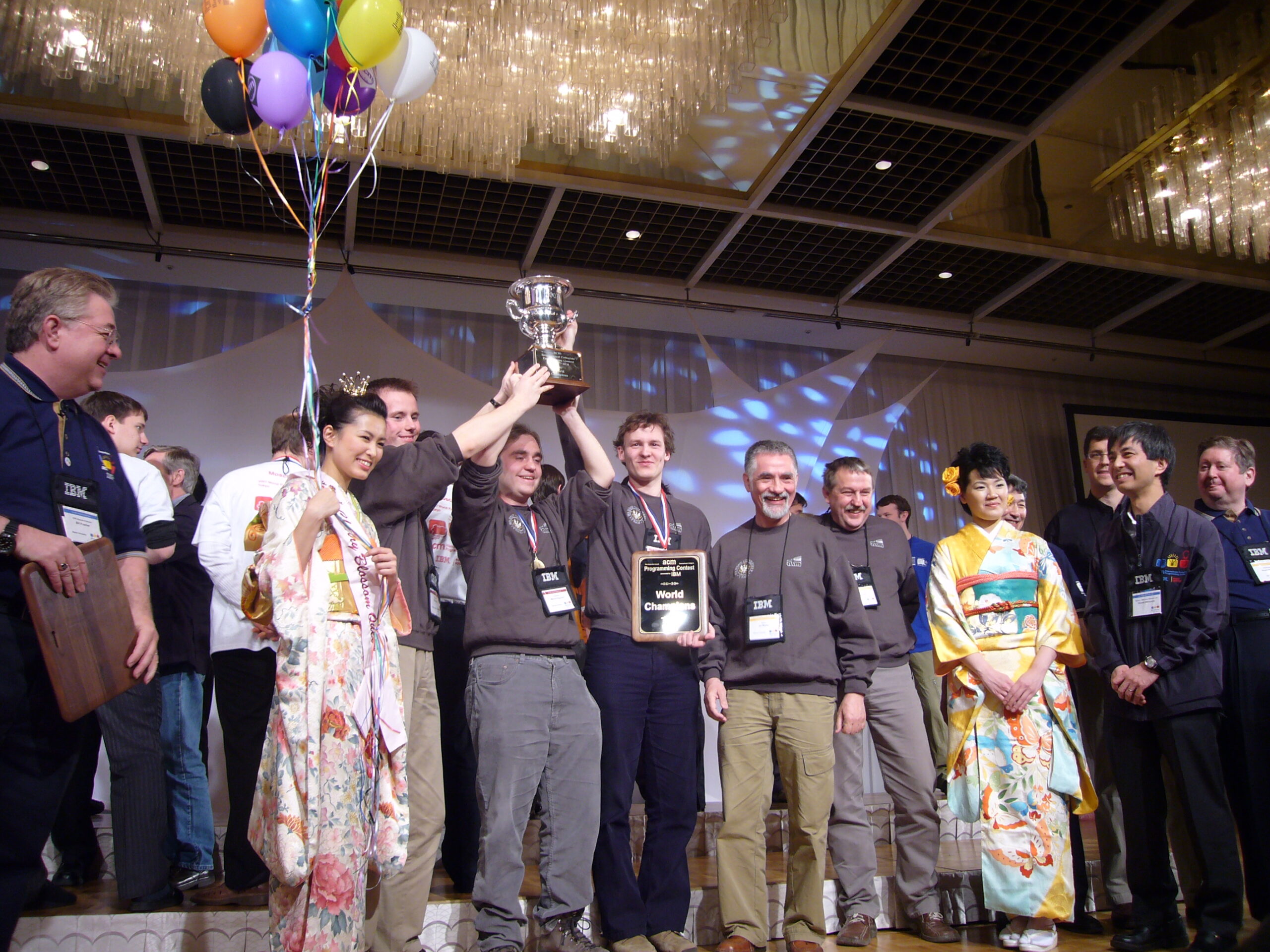
NVIDIA and Google
Thanks to these successes, he went on a three-month internship with NVIDIA during the summer of 2007. And a similar one with Google in 2008. Although he liked it, he decided not to be associated with these companies forever. Then he started doctoral studies at the University of Warsaw, which he completed with the defense of his doctorate in 2012. Together with Marcin Pilipczuk, he received the Witold Lipski Award for it. He then undertook research work at the University of Warsaw, which he saw as continuing his interest in algorithmics. He did not quit participating in programming competitions, switching from classic to optimization, and then related to machine learning.
Nomagic
When he won the Kaggle competition several times, he was contacted by the former head of Google Poland, Kacper Nowicki. He offered him cooperation using this technology in interaction with the real world. The trials took quite a long time, but they resulted in the founding of the startup Nomagic in 2017. It deals with developing intelligent software for robot control. This year, the company has received funding from investors for $22M (and a total of $30M since the beginning). It will speed up work on the behavior of robots in unusual situations.
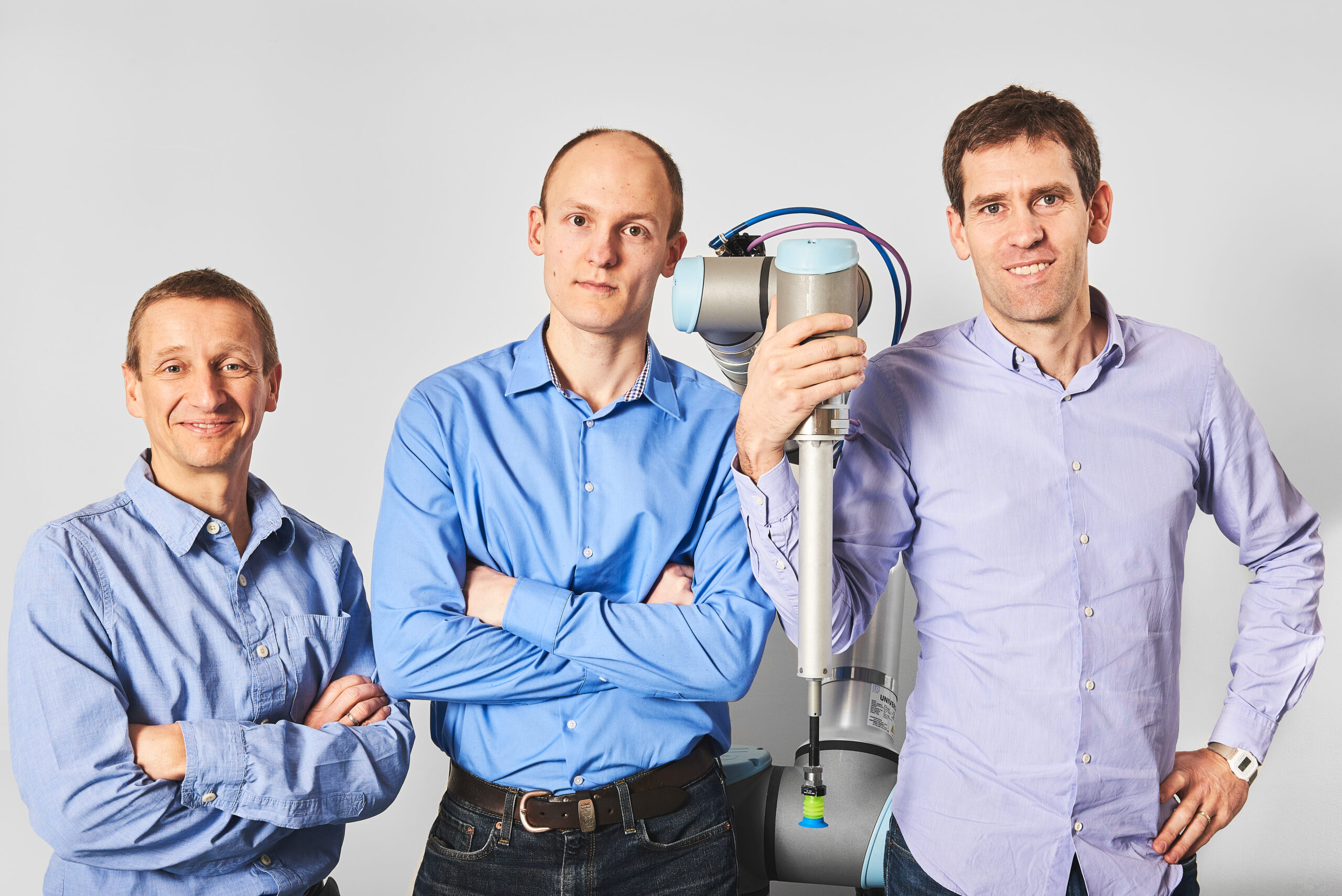
Business or scientific work
However, Marek Cygan did not resign from work at the university because it perfectly complemented what the startup was doing. The grant of $8.6M obtained from Koshla Ventures in 2019 was for work on machine learning. At the university, Marek Cygan has been teaching students in the field of the same name for a year. As he says himself while working scientifically, he tries to understand how the world works, and in startups, he tries to change it.
In his opinion, the work at the university is slow because to be successful, a rush is not recommended. It is entirely different in a startup. Marek Cygan only recently realized that six-month work on one product, which may not conquer the market, does not make sense. It is much better to show the market a few prototypes simultaneously and not necessarily refined. So it can decide whether it need them.
Read more about Nomagic on their webpage here and on our webpage here.
